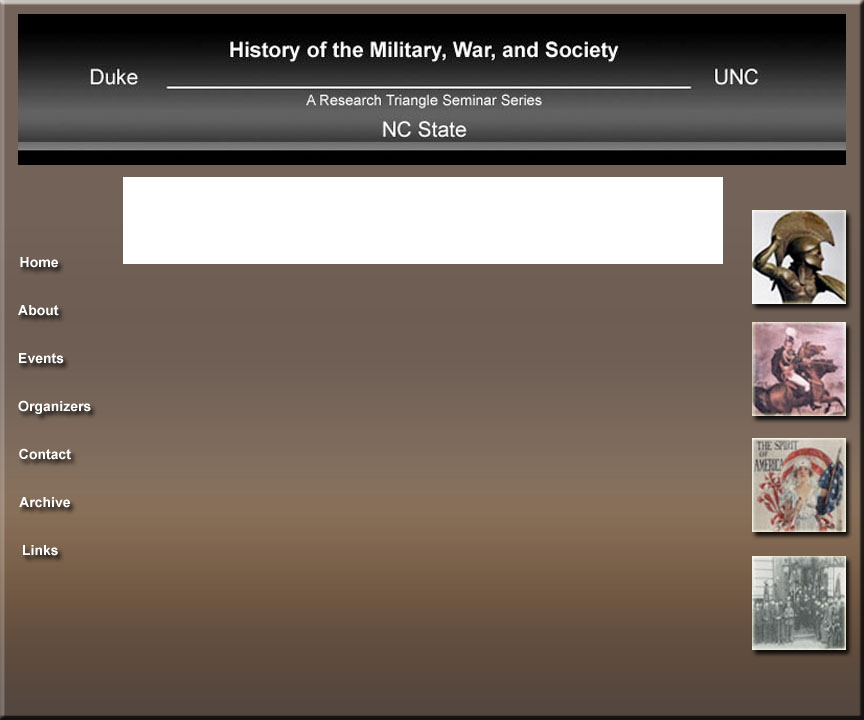
|
October 29, 2010 Thavolia Glymph (Duke University) “Disappeared Without Any Account Being Had of Them”: Beginning in 1861, enslaved and free black women moved, literally, to place themselves and freedom on the nation’s agenda. Tens of thousands fled plantations and farms. By the end of the Civil War, they represented the nation’s largest refugee population and they had suffered the greatest number of civilian casualties and atrocities. They had learned that escaping the plantation was no guarantee of finding freedom or a safe refuge. Rather, they faced starvation, excessive labor demands by Union authorities, massacre at the hands of Confederate troops, and re-enslavement: In effect, they experienced what today we would call a humanitarian crisis. Ironically, it was within Union lines—on U.S. government-sponsored plantations, in contraband camps, and while attached to the lines of Union armies—spaces that should have offered the greatest protection and safety—that many of the atrocities took place. Focusing on the Mississippi Valley, this paper explores this history. It is concerned with accounting for what happened to black women refugees and the disremembering, silencing, and disposal of this history in Civil War and African American historiography. Thavolia Glymph is associate professor of history in the Departments of African and African American Studies and History at Duke University. She has published several articles and essays on southern women and slavery; her recent book is Out Of the House of Bondage: The Transformation of the Plantation Household (New York: Cambridge University Press, 2008). Co-sponsored by the Triangle Institute for Security Studies |